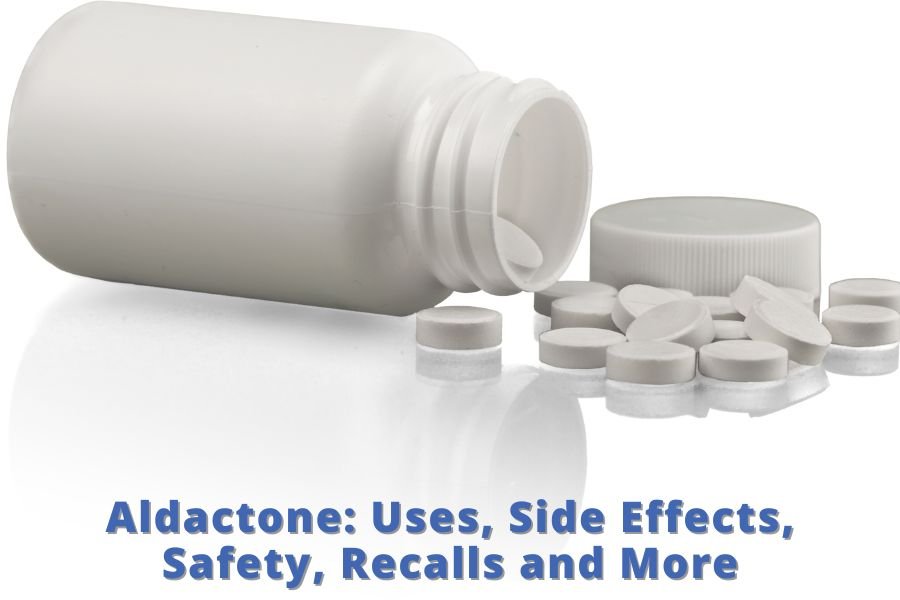
Aldactone is the brand name for a medication called spironolactone. It belongs to a class of drugs known as potassium-sparing diuretics. Aldactone is primarily used to treat conditions such as high blood pressure (hypertension), heart failure, and edema (fluid retention) by increasing the amount of water and salt expelled from the body while retaining potassium.
Aldactone is primarily used to treat high blood pressure, also known as hypertension. It helps to lower blood pressure by reducing the amount of water and salt in the body, which helps to relax and widen the blood vessels, making it easier for the heart to pump blood.
In addition to treating high blood pressure, Aldactone is also used to treat edema in patients with congestive heart failure, liver cirrhosis, and certain kidney disorders. It can help reduce the swelling and fluid retention that can occur with these conditions.
Aldactone should not be used during pregnancy, as it may harm the unborn baby. It is also not recommended for children under the age of 18, unless specifically prescribed by a healthcare professional.
There have been no recent recalls of Aldactone reported. However, it is always important to stay updated on any recalls or safety alerts issued by the relevant regulatory authorities.
Aldactone received FDA approval in 1960 for the treatment of edema and high blood pressure. Since then, it has been widely used and prescribed by healthcare professionals.
Aldactone is prescribed to help manage and treat conditions such as high blood pressure, edema, congestive heart failure, liver cirrhosis, and certain kidney disorders. It is often used in combination with other medications to achieve optimal results.
Aldactone should be taken exactly as prescribed by your healthcare provider. It is usually taken orally, with or without food. The dosage and frequency of administration will depend on the specific condition being treated and individual patient factors. It is important to follow the instructions provided by your healthcare professional and not to exceed the recommended dose.
While Aldactone is primarily used to treat high blood pressure and edema, it may also be used off-label for other conditions as determined by your healthcare provider. These off-label uses may include the treatment of hormonal imbalances, acne, and polycystic ovary syndrome (PCOS).
Before taking Aldactone, it is important to inform your healthcare provider about any existing medical conditions, allergies, or medications you are currently taking. Special precautions should be taken if you have kidney or liver problems, diabetes, or high potassium levels. Your healthcare provider will assess the potential risks and benefits of Aldactone for your specific situation.
Aldactone should be stored at room temperature, away from moisture and heat. It should be kept out of reach and sight of children. If you no longer need to use Aldactone or it has expired, it is important to dispose of it properly. Do not flush it down the toilet or pour it into a drain unless instructed to do so. Consult your pharmacist or local waste disposal facility for guidance on the proper disposal methods.
In case of an emergency or suspected overdose of Aldactone, immediately contact your local emergency services or poison control center. It is important to provide them with all relevant information, including the amount of medication taken and any symptoms experienced.
It is important to attend regular follow-up appointments with your healthcare provider while taking Aldactone. They will monitor your progress, check your blood pressure, and assess any potential side effects. If you have any questions or concerns about Aldactone, do not hesitate to consult your healthcare provider for further guidance.
Like any medication, Aldactone can have potential risks and side effects. However, when used as prescribed and under the supervision of a healthcare professional, it is generally considered safe and effective for the treatment of various conditions. It is important to weigh the potential benefits against the potential risks and discuss any concerns with your healthcare provider.